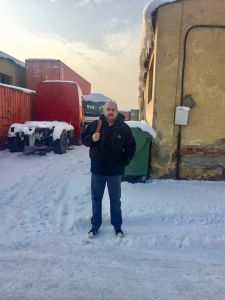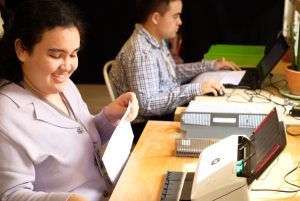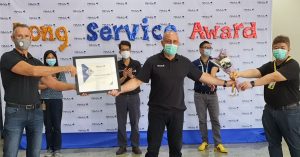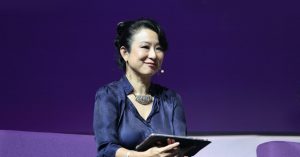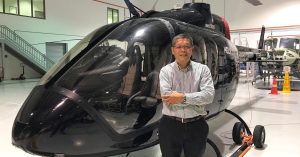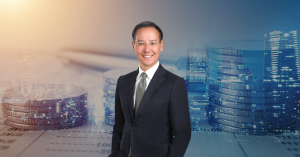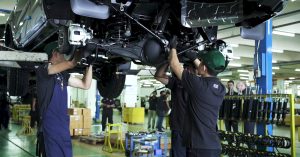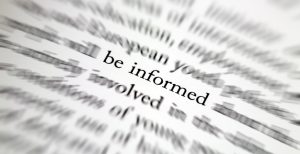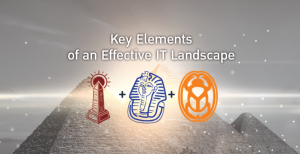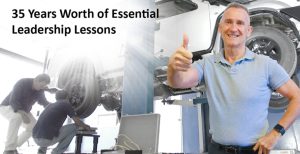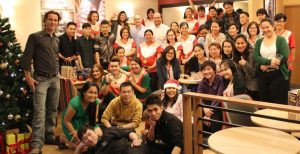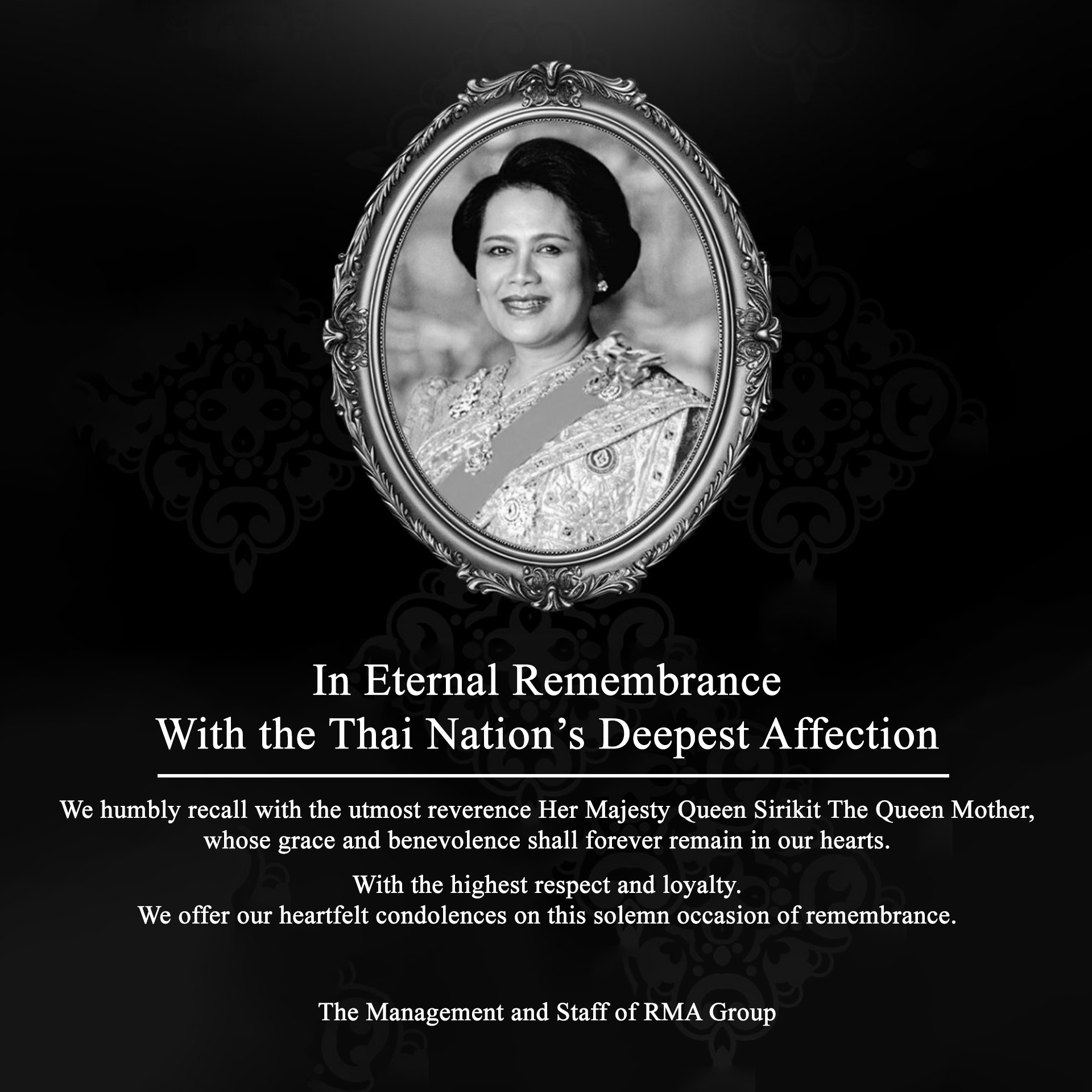An organization’s greatest asset is its people. They are the innovators, the growth drivers, and the value creators. The well-coordinated efforts of any workforce can multiply these benefits still further – provided the team is led with skill, understanding and an open mind. True leadership will take the collective talents of the organization and steer them to new heights; its absence will cause any team to collapse back into its individual components at best and create a dysfunctional team at worst.
Identity and change
Leaders must learn to adapt their mindset and approach to each situation, particularly when changes begin to occur within the company or marketplace. Yet for startups and multinationals alike, these adjustments cannot be made on a whim, or as a simple reaction to events. Every element of leadership, and every new process, needs to reflect the core identity of the business ie the reality of the firm and the marketplace.
You have to understand the values, mindsets, and practices of the organization before you can plan out a course of action, says Vichit Ith, independent board member of RMA Cambodia, independent board member of a leading regional insurance company and country representative of a leading global aircraft and helicopter manufacturer. He is also a shareholder of Moo Moo Dairy Farm in Cambodia. It’s like a sick patient coming to see you. You as the leader are the doctor. You need to diagnose the situation. Diagnosing means careful listening. Then, you can come up with a strategy to address it.
Vichit speaks from experience. He played a crucial role in setting up the Cambodian Investment Board in 1994, and was its first Secretary General. He has also held senior leadership positions at a variety of companies in his native Cambodia, as well as in the US, Europe, Africa, the Middle East, and Southeast Asia.
As a leader, Vichit says, it is important to never discount the human factor. Many leaders focus on the technical aspects of each challenge without addressing the underlying and entrenched mindsets that created those challenges in the first place.
Culture: Turning weakness into strength
Vichit says that the culture we espouse – either the culture of the company or larger society – can often compound challenges. In Asia, for example, people tend to be very conflict-averse. They want to maintain peace and stability, which often means avoiding touchy issues altogether. But unaddressed problems do not resolve themselves. Left unattended, thorny problems can be very corrosive to the morale of the staff and harmful to the business.
The more you avoid necessary friction, the more you risk moving off a cliff, says Vichit. If you keep kicking the can down the road, one day it will explode.
The local culture must always be respected, he says – but this should not be at the cost of impeding the progress of the group or the organization. It’s all about striking the right balance.
If someone says, We don’t do things this way in this country’, you’d better not take it at face value and probe further to find out whether it makes sense. Is it just a work avoidance mechanism of using culture as an excuse not to change and improve or is there a relevant explanation to it? Vichit says.
When viewed a different way, he says, culture can be a source of strength for a company. Every culture is laden with values, and the ethics of the society in which the company operates can provide a strong foundation for similar values within the organization. Culture can also lead to greater internal harmony, if its guiding principles are allowed to find expression within the company.
The power of the dissenting voice
While a shared culture and shared values are necessary for an organization to be cohesive, Vichit points out that minority or dissenting voices nevertheless have great value. Indeed, dissenting voices should be given special attention, because they can help you discover previously unseen paths and opportunities for the company.
Regardless of how successful we are, we need an open platform for discussion, Vichit says. Humans are creatures of the past. We love the narrative of the past. We aren’t as good at creating narratives for the present, let alone the future. But by listening to dissenting or non-conformist voices, we can create a much better narrative of the present and the future with precious data and feedback that we might have missed. Not that all dissenting voices are good but they are worth attending to as some can lead you towards incredible discovery and progress. Just think about the FAANG ie Facebook, Apple, Amazon, Netflix and Google.

